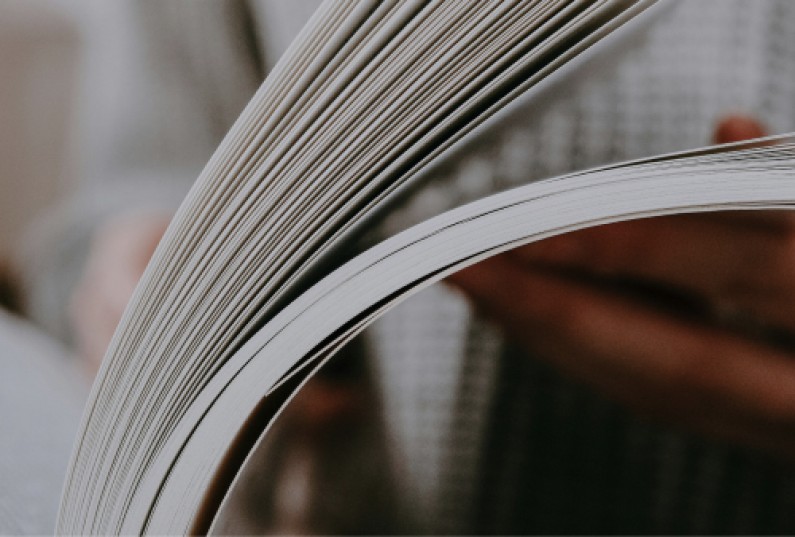Understanding Disability Insurance: Your Financial Lifeline in Times of Need

Written by Michael Shepherd
Disability insurance is a crucial safety net that protects individuals who become unable to work due to injury or illness. In Alberta, as in other provinces, this type of insurance serves as an economic lifeline, offering financial stability when unforeseen circumstances disrupt a person’s ability to earn a living. Offered by both private insurers and government programs, disability insurance is designed to step in and replace income, allowing individuals to maintain their quality of life during challenging times.
Many Albertans are covered under group policies through their employers or have purchased private plans from major insurers like Blue Cross, Manulife, and Sun Life. These policies are often taken for granted, with most people hoping they’ll never need to use them. However, life is unpredictable. Accidents like a fall that results in a broken hip or serious illnesses such as cancer can leave someone unable to work for months or even years. In these situations, disability insurance provides much-needed financial relief, paying a portion of the individual’s salary while they recover.
The risk of needing disability insurance is more common than many realize. According to recent statistics, 27% of Canadians over the age of 15—roughly eight million people—report having at least one disability that limits their daily activities. This number has risen significantly in recent years, highlighting the importance of having a safety net in place. Without disability insurance, many individuals would have to rely on limited government assistance, such as the Canada Pension Plan Disability (CPP-D) or the Assured Income for the Severely Handicapped (AISH). While these programs are vital, they often fall short of covering the full financial needs of someone unable to work.
Disability insurance doesn’t just provide financial protection; it also offers peace of mind. Knowing that income support is available can reduce the stress associated with a sudden loss of income. This psychological benefit is so significant that courts have recognized the "peace of mind" element as a fundamental aspect of disability insurance contracts, allowing for damages in cases where an improper denial causes mental distress.
Ultimately, disability insurance is about more than just money. It’s about preserving a person’s ability to sustain their lifestyle and meet basic needs when they’re most vulnerable. Understanding how this insurance works and ensuring adequate coverage is critical for anyone who depends on their income to support themselves and their family. By being informed about your policy and the resources available, you can be better prepared to face any unexpected challenges life may throw your way.
If you’re unsure about your coverage or have questions about disability insurance, don’t hesitate to reach out to a legal professional who can guide you through the complexities of your policy and help ensure your rights are protected.
Have questions about your disability insurance coverage or need guidance? Our experienced lawyers can help you navigate your policy and protect your rights. Contact us today to get the clarity and support you deserve.
